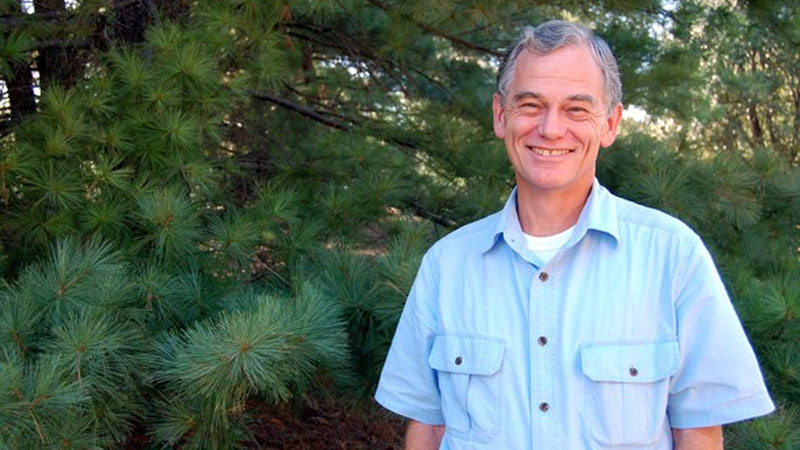
“Sometimes, health care organizations can become sick and in need of healing, just like our patients and our communities,” says American Baptist International Ministries (IM) medical missionary Dr. Steve James.
During his work as an IM medical consultant in northern Haiti, where he and his wife Nancy teach and mentor health care providers, Steve notes, “We were doing all the clinic work, the medical work, the disaster relief work. But over time, we kept seeing divisions among people.”
“Many good people ended up quitting their work or burning out due to an inability of good leaders and staff to work together through their difficulties,” he says. “At that time, I realized I was not trained as a doctor to know how to help people to bridge these divides.” So he eagerly accepted an invitation to take an online Master’s course in organizational leadership with Azusa Pacific University.
As a result, and with support from IM global consultant Dan Buttry’s work in conflict transformation, Steve wrote a reference manual entitled Introduction to Servant Leadership for Health Care Organizations in Haiti. It outlines a practical plan to “reorganize work environments into a more inclusive and collaborative format that invites everybody to follow the way of Jesus by being servants of one another.”
Instead of the traditional, top-down leadership style, James says, “Jesus is calling us to have a completely different mindset where we freely choose to become servants of each other. When that happens, then we change our environment and organizations and how we make decisions together.”
Proven impact of servant leadership model
Steve’s research shows that the servant leadership model for health care organizations helps provide better patient care while improving staff morale and efficiency, decreasing waste and increasing profits. It also helps remove spiritual roadblocks of anger, fear and unforgiveness and clears the way for healing love to flow into the workplace.
Kristy Engel, an IM global consultant on health care issues, praises James’s work, saying that a servant leader model combines the best of both approaches to health care—practical, hospital-based health care and community-based relational medicine. She feels that James’s model is “very applicable” to other countries.
Creating this model for Haiti was a particular challenge, given the country’s history of slavery, Steve says. “Haitians tend to equate servanthood with slavery. But Jesus is saying, ‘I’m going to take your slave history and I’m going to give you an agenda that takes you right to the cross, where we’ll take up our cross of servanthood and sacrifice our own egos to love our neighbors and God.’ That’s where we need to go.”
To encourage implementation of this servant leadership model, Steve led a workshop at the Haitian Baptist Convention Hospital in Quartier Morin, Haiti. He has also been invited to present two workshops to other health care organizations in Haiti and plans to travel to northern India with IM Area Director Ben Chan for two additional workshops.
“There is a groundswell of interest starting to bubble up,” says James. “Ultimately, we hope to build organizations and help bring value where people feel like Jesus is actually in this place because of how people are [serving] together. It’s that type of exciting possibility we see for Haiti’s future!”